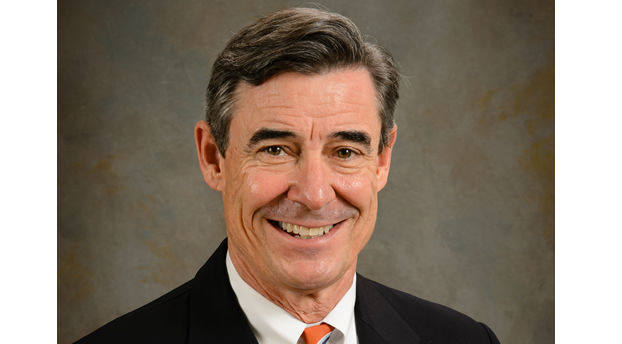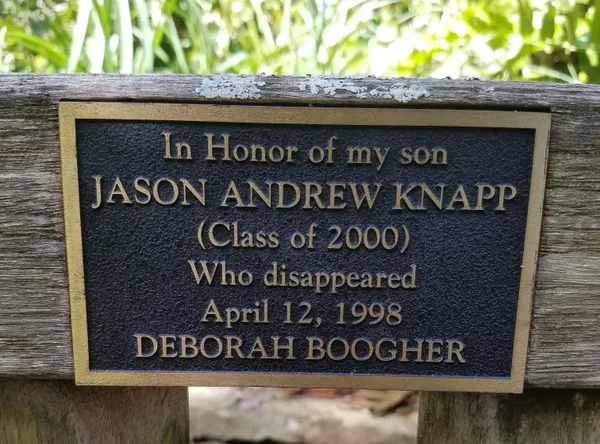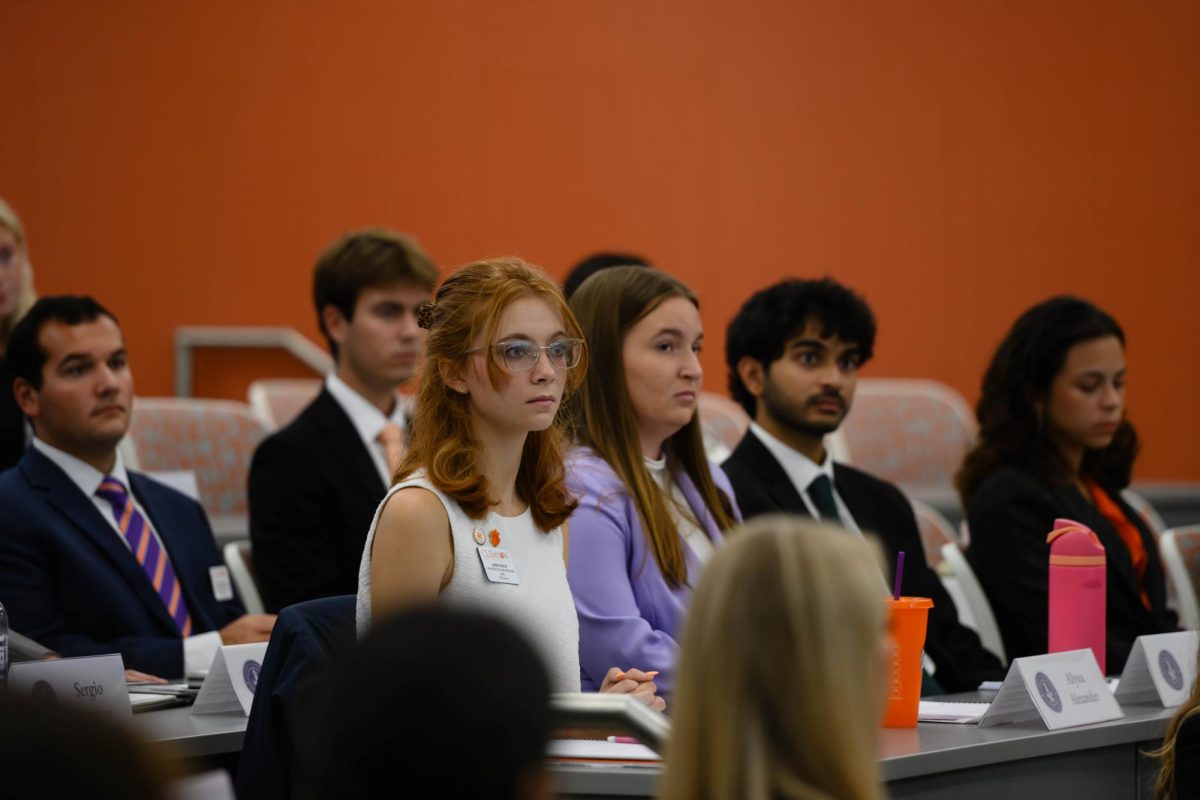Thirteen people. Black and white, men and women. Clemson’s Board of Trustees governs the university as outlined in its founder’s last will and testament, seven members who appoint their own successors and six appointed by the state legislature. The purpose of this framework, according to the Board of Trustees website, is to “provide both long term stability and public accountability.” But new legislation could allow for a fourteenth member: the CUSG president.
Recently, the South Carolina State House and Senate have introduced a bill that would alter the fabric of universities’ boards, allowing student government presidents of public four year universities to serve as voting members of their respective Board, potentially changing policies. The bill, which was previously introduced in the state Senate, was prefiled by Lancaster Republican Brandon Newton. It has been sent to the Committee on Education and Public Works. The purpose for the bill’s introduction, is to allow for more student representation and input. Clemson however, is not even mentioned in the bill once.
Student body president Killian McDonald stated the reason for this saying that Clemson’s Board cannot be altered by state law.
“That’s why Clemson is not included on the bill, because unlike the other schools, our founding document would not allow for it. Therefore, this bill would not impact Clemson whatsoever,” McDonald said.
Some students are unhappy that the bill has no effect on Clemson, like freshman engineering major, Zach Taylor.
“I think it’s unfair,” Taylor said. “The document shouldn’t limit how our Board looks and we need more student representation in the Board because their work affects the students.”
Taylor’s logic stems from part of the Board’s mission statement that says, “The Board’s role is to govern through establishment of policies that ensure academic quality and freedom, [and] protect the University’s financial security…”
“The best way to fulfill that is to have the CUSG president serve on the Board to get more student input,” Taylor said.
Some disagree with Taylor, thinking that the way Thomas Green Clemson outlined the legislation is how the university has functioned since 1889 and how it should continue to function.
Students at universities that the bill would have an effect on have actively campaigned for it, such as USC’s student body president Ross Lordo, according to an article written in The Daily Gamecock last semester.
The Tiger reached out to the Chair and Vice Chair of Clemson’s Board of Trustees as well as Brandon Newton and Senate sponsor Mike Fanning, and all were unavailable for a comment.
The bill was referred to the committee on education and public works on Jan. 9 of this year.
Who’s Who:
E. Smyth McKissick III, Chairman of Clemson BOT
A member of Clemson’s class of 1979, McKissick is the CEO of Alice Manufacturing in Easley. McKissick has served as a successor member of the Board of Trustees since 1998 and was unanimously voted in as chairman in the summer of 2015.
Ronald D. Lee, Vice Chair of Clemson BOT
A member of Clemson’s class of 1976, Lee is the owner of a dental practice in Aiken. He was appointed to the board by the South Carolina General Assembly in 2010 and served on the committee that recruited Jim Clements. His term will expire in 2020.
Representative Brandon Newton, SC House of Representatives
Newton graduated from the University of South Carolina in 2016 with a Bachelor of Arts. A republican from Lancaster, he was the student body president of the University of South Carolina-Lancaster from 2014-2016 and was chairman of the Lancaster County Republican Party from 2015-2016.
Senator Mike Fanning, SC State Senate
Fanning graduated from Wofford College in 1991 and with a Ph.D. from the University of South Carolina in 2008. He was an active service member in the U.S. military from 1987-1989. He represents Chester, Fairfield and York counties as a Democrat.
Killian McDonald, Clemson Student Body President
McDonald is a member of Clemson’s class of 2018 and a political science and women’s leadership double major. Originally from Columbia, SC, she and her vice president, Jaren Stewart had no prior CUSG experience before running for executive office. McDonald is also a writing fellow at the university.










